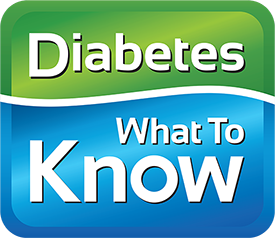- Common cold
- Flu
- Nausea, vomiting, diarrhea
- Infection
- Surgery
- Dental work
- Stress
- Injury
- Signs of dehydration such as dry mouth, cracked lips, sunken eyes, skin that is flushed and dry, or weight loss.
- A fever of 100° or higher.
- Vomiting or unable to keep fluids down.
- Constant diarrhea.
- Abdominal pain.
- Chest pain.
- Rapid, shallow breathing.
- Blood glucose levels over 250 mg/dl for more than two readings with or without ketones.
- Extra glucose meter and strips (you’ll be checking more often)
- Digital thermometer
- Medicines to relieve symptoms of cold, flu, pain, fever or diarrhea
- Sugar-free cough drops and cough syrups
- Ketone strips (if needed)
- Telephone numbers for healthcare provider
- Easy to digest foods such as:
- Sugar-free and regular gelatin
- Store-bought or homemade popsicles
- Low-sodium vegetable or chicken broth
- Herbal, non-caffeinated tea
- Soft drinks (sugar-free and regular, if needed to replace carbs)
- Fruit juice
- Applesauce
- Bananas

